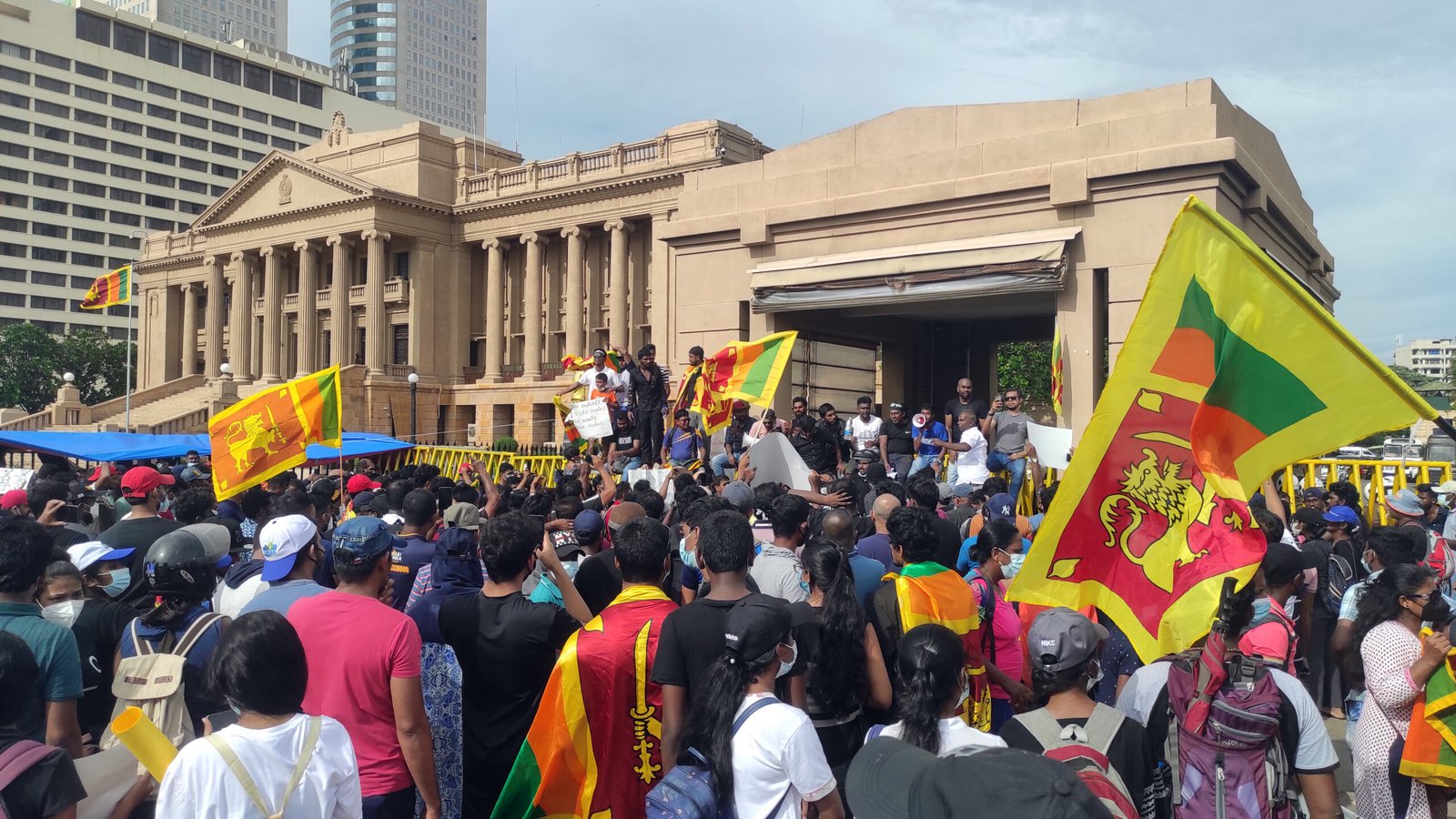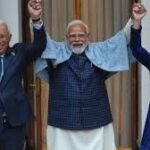Namal Rajapaksa’s presidential candidacy in Sri Lanka involves a complex interplay of family legacy and The political landscape. Sri Lanka has been dominated by the Rajapaksa family for several years. Mahinda Rajapaksa, the patriarch, served as the President of Sri Lanka from 2005 to 2015, and his influence in Sri Lankan politics has remained significant. The Rajapaksa family has a strong base of support, particularly among the Sinhala Buddhist majority, which has helped them maintain a prominent role in the country’s political sphere.
In the context of a potential candidacy by Mahinda Rajapaksa’s son, Namal Rajapaksa, for the next presidential election, several factors come into play. Namal, who has been groomed for political leadership from a young age, currently holds a significant position within the Sri Lanka Podujana Peramuna (SLPP), the political party led by his family. He has served in various capacities, including as a Member of Parliament and Minister, which has given him considerable political experience and visibility.
Namal Rajapaksa’s potential candidacy could be viewed through the lens of dynastic politics, which is not uncommon in South Asia. The Rajapaksa name carries a substantial legacy, and Namal’s connection to this legacy could both be an advantage and a burden. On the one hand, it provides him with an established political base and the recognition that comes with being part of a prominent political family. On the other hand, it also ties him to the controversies and criticisms that have surrounded his father and other family members.
The economic and political context in Sri Lanka is crucial in evaluating Namal Rajapaksa’s chances in a presidential bid. Sri Lanka has faced significant economic challenges, including a severe debt crisis, inflation, and shortages of essential goods. The public’s discontent with the government’s handling of these issues has led to widespread protests and political instability. The Rajapaksa family, having been at the helm during some of these crises, may face backlash from voters who associate them with the country’s economic hardships.
However, the Rajapaksas also have a reputation for their role in ending the Sri Lankan Civil War in 2009, which is a significant point of pride for many Sri Lankans. This achievement continues to bolster their support among segments of the population who view them as strong leaders capable of handling national security and defense. Namal could capitalize on this legacy, presenting himself as a continuation of his family’s strong leadership while promising to address the current economic issues more effectively.
The dynamics within the SLPP and the broader political alliance are also critical. The party’s internal politics, alliances with other political groups, and the strategic decisions of key stakeholders will influence Namal Rajapaksa’s candidacy. If the party and its allies unite behind him, it would enhance his prospects significantly. Conversely, internal divisions or the emergence of other strong contenders within the party could complicate his path to the presidency.
The opposition’s strength and strategy will play a crucial role as well. If the opposition can present a united front with a compelling candidate and a clear plan to address the country’s issues, it could pose a significant challenge to Namal Rajapaksa. The opposition’s ability to mobilize voters who are dissatisfied with the current administration and those wary of a continuation of Rajapaksa rule will be vital.
Public perception and media portrayal are other factors to consider. Namal Rajapaksa’s public image, his ability to connect with voters, and how the media covers his campaign will all impact his electoral prospects. In the digital age, social media and online platforms are powerful tools for shaping public opinion, and Namal’s campaign will need to leverage these effectively.
Namal Rajapaksa’s potential candidacy for the next presidential election in Sri Lanka involves a complex interplay of family legacy, economic conditions, political dynamics, opposition strength, and public perception. While his association with the Rajapaksa name provides a strong foundation, it also carries the weight of past controversies and current challenges. His success will depend on his ability to present a compelling vision for the future, navigate the intricacies of party politics, and address the pressing issues facing the country in a manner that resonates with the electorate.





Leave a Reply